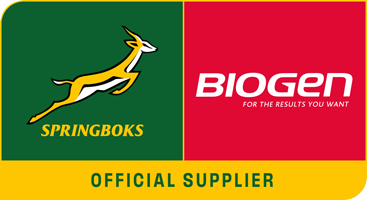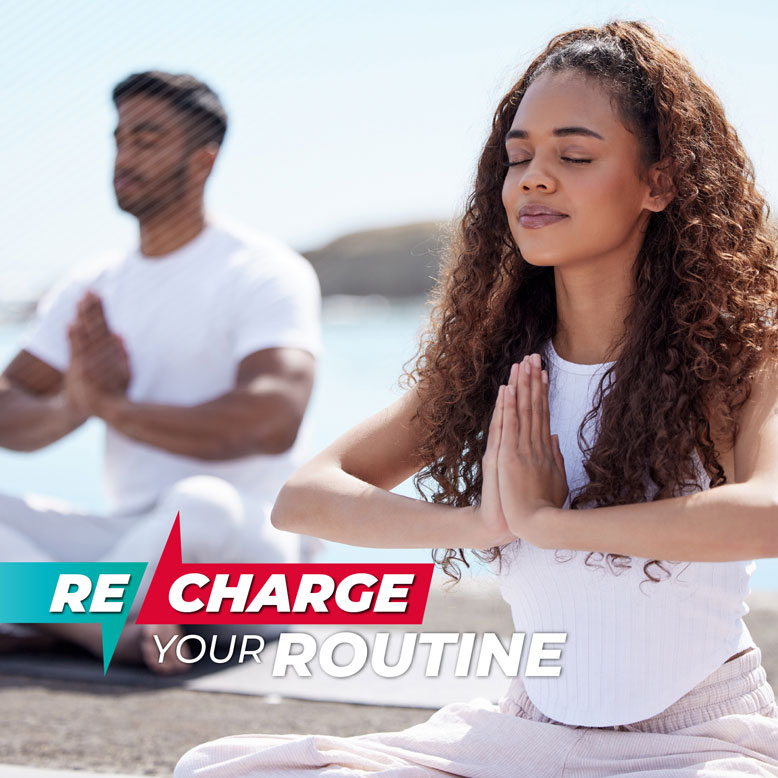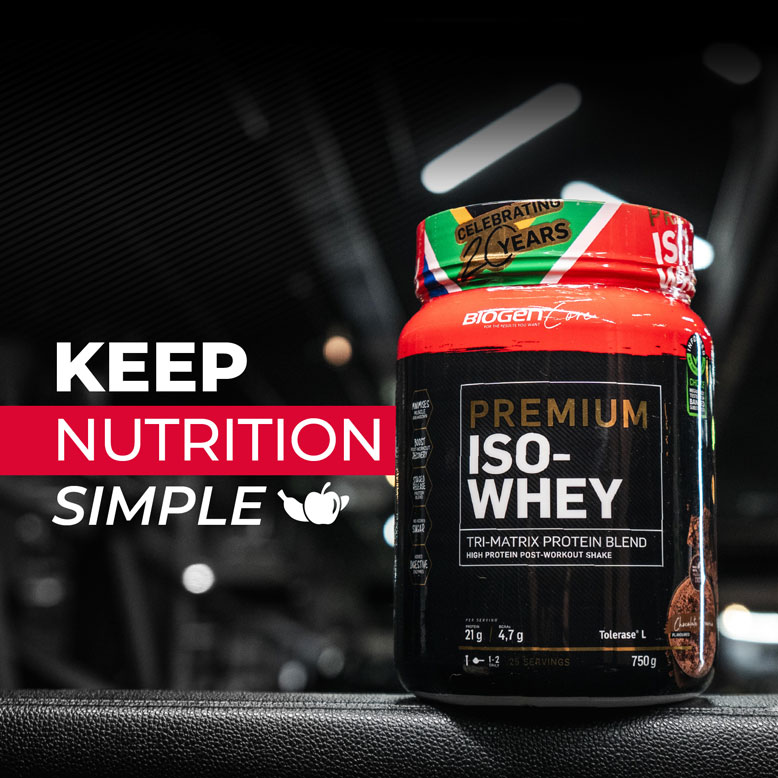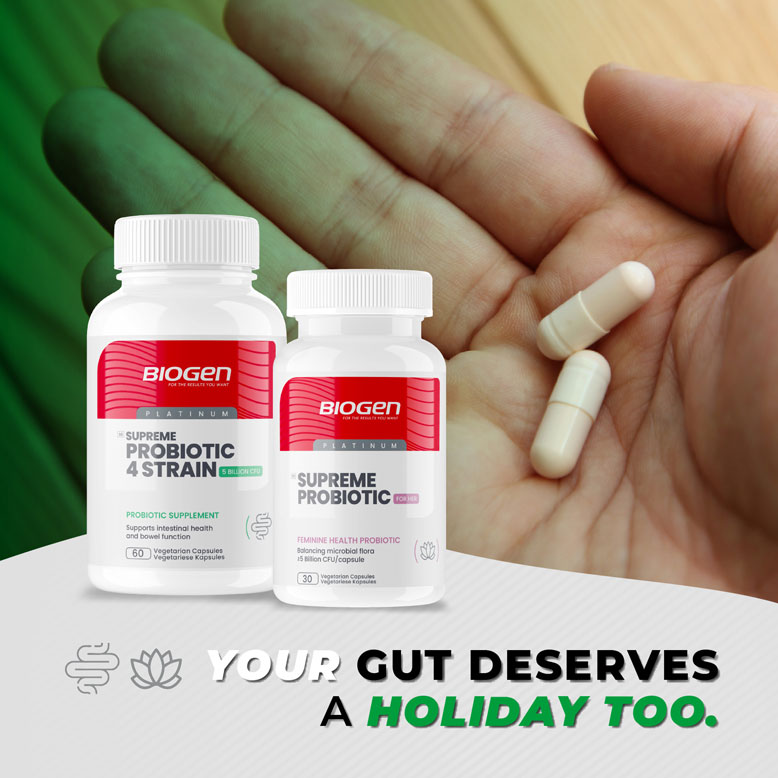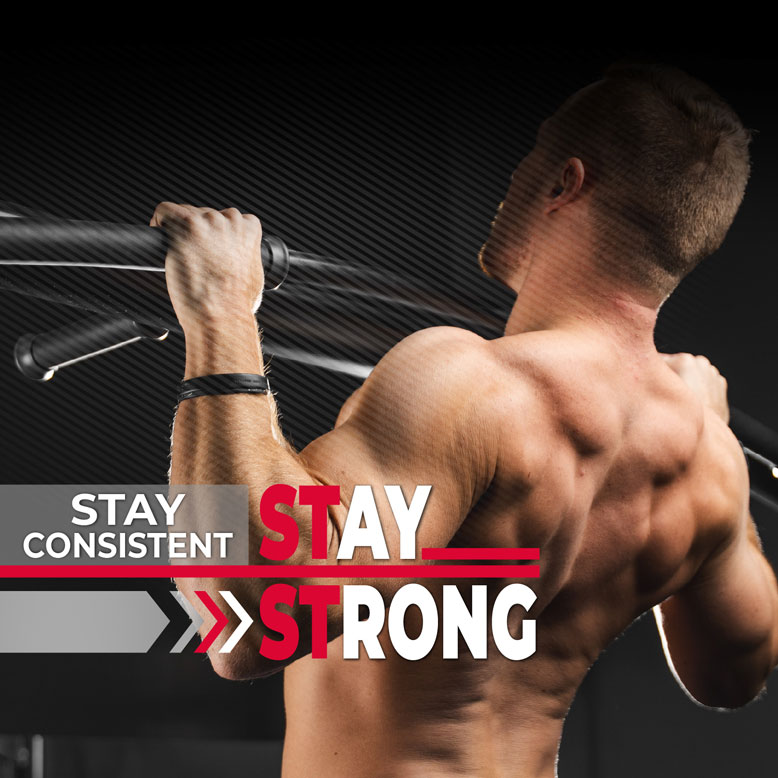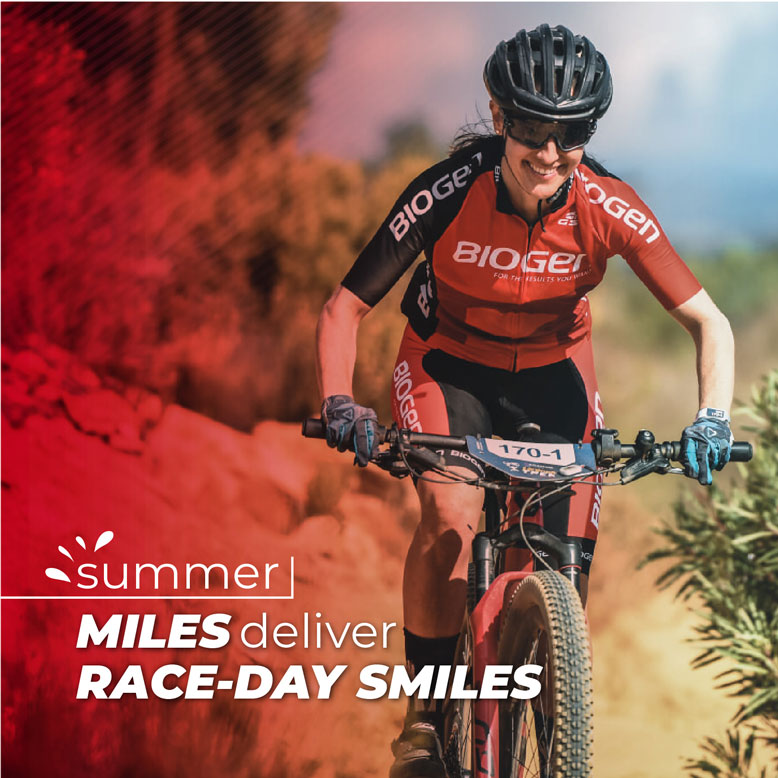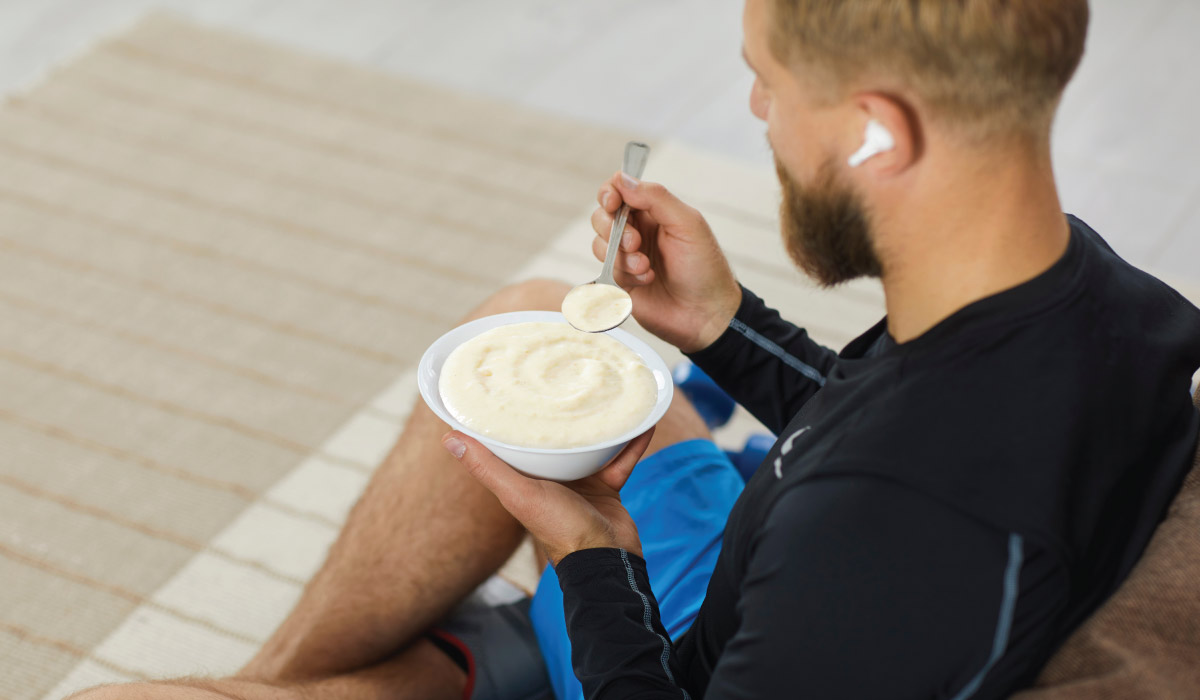
What to eat before exercise: Understanding why a Pre-Sport Meal is important?
Eating before exercise is a double-edged sword for endurance athletes because, for some, the risk of digestive issues seemingly outweigh the performance benefits.
While there are instances when you can get away with skipping your pre-sport meal – it may offer weight-loss and metabolic benefits when used strategically in specific circumstances – research confirms that going into a high-intensity workout or race on an empty stomach can negatively affect your performance and increases your recovery demands afterwards.
Based on the findings from a 2020 study, researchers recommended that “endurance athletes should avoid high intensity training while fasting”.
What to eat?
A suitable pre-exercise meal should provide sufficient fuel – primarily from carbohydrates – to complete the activity while not excessively depleting your energy stores.
Easily digestible carbohydrate sources are ideal to ensure the body can process the meal and it can work through the gut to limit the potential for digestive issues during the activity.
A suitable pre-exercise meal for endurance athletes can also include a small amount of protein to help limit muscle damage and, therefore, reduce recovery requirements after training, with limited amounts of fat and fibre to avoid potential digestive issues.
Why eating is important?
The main aim of a pre-race or pre-workout meal is to top up glycogen stores so that you have sufficient energy available to perform at the target intensity, especially for longer duration activities lasting an hour or longer. Eating before exercise is especially important for those who train or race in the morning as you can deplete liver glycogen stores overnight as your body uses this fuel source for various metabolic processes that support recovery.
The right meal eaten at the right time also ensures there is some glucose circulating in the body to provide a direct energy source, which muscles can use to fuel your effort for a portion of the activity before tapping into muscle glycogen stores.
Providing a source of readily available essential amino acids (EAAs) from protein can also spare and preserve muscle and glycogen stores for an added recovery and performance benefit. Importantly, the combination of some circulating glucose and topped-up glycogen stores can push out the point at which you deplete all available energy.
Ending a workout with a significant calorie deficit can add additional recovery demands on your body, and at a time when eating large meal to replenish depleted energy stores is impractical or improbable due to a lack of appetite.
Leaving your body in a depleted state can also lead to overeating and poor food choices later in the day, which has the potential to undo some of the benefits of your exercise, especially if you are trying to control your weight.
What to eat
Timing your pre-exercise meal is another important consideration – eat too little, too early and the meal won’t provide all the potential energy and recovery benefits. Eat too late or too much, too close to the activity and you could experience digestive issues or an uncomfortably full stomach.
However, it is important to realise that the right time to eat is highly individualised due to factors such as your weight, age, gender, metabolic rate, digestive efficiency and type of activity you are about to engage in.
In general, the ideal time for most people to eat is about 1-4 hours before an activity. Sometimes, an early race start leaves little time between waking up and the start. In these instances, eating a smaller meal of 300-400 calories offers a good balance between meeting your energy requirements and maintaining digestive comfort. With more time before the activity (3-4 hours), athletes can eat up to 1,000 calories.
In this regard, widely accepted scientifically-validated recommendations suggest that athletes consume about 1g of carbohydrate per kilogram of body weight one hour before an activity, 2g/kg if they eat two hours before exercise, and so on up to four hours.
The convenience factor
Choosing the right food sources to get the ideal combination of carbs and protein before an activity boils down to personal preference around palatability and digestive comfort. Ultimately, finding the ideal pre-sport meal requires some trial and error to find what works best for you.
Some people prefer whole food meals like a bagel with some nut butter or jam, some fruit, or toast and egg. Others struggle to tolerate a whole food meal or they might not have the time to prepare a full meal before heading out.
In these cases, an intelligently formulated functional food like Biogen Pre Sport Instant Energy Meal can offer a convenient and easy-to-make pre-exercise meal option that provides everything they need in the exact ratios and precise doses.
Mixing up a scoop or two of Biogen Pre Sport Instant Energy Meal with hot water or milk makes a tasty, easily digestible porridge, with ample energy from high quality carbohydrate sources like sweet potato, oats and rice, along with adequate levels of protein, fibre and fat to reduce the likelihood of digestive discomfort. It is also a source of electrolytes to provide your body with the salts it needs during exercise to aid hydration and potentially prevent cramping.
Whatever option you select, it is important to simulate your race day as closely as possible to test and retest your pre-sport meal. During your training block, try to eat your chosen pre-sport meal at the same time of day and in the same conditions to fine-tune your approach and ensure optimal results.
References:
- Jeffrey A Rothschild , Andrew E Kilding, Daniel J Plews. What Should I Eat before Exercise? Pre-Exercise Nutrition and the Response to Endurance Exercise: Current Prospective and Future Directions. Nutrients. 2020 Nov 12;12(11):3473. doi: 10.3390/nu12113473.
- Hassane Zouhal, Ayoub Saeidi, et al. Exercise Training and Fasting: Current Insights. Open Access J Sports Med. 2020; 11: 1–28. Published online 2020 Jan 21. doi: 10.2147/OAJSM.S224919
- Marie Dunford, J. Andrew Doyle. NUTRITION FOR SPORT AND EXERCISE, 3rd Edition. Cengage Learning, 07 Feb 2014 – Medical – 624 pages

